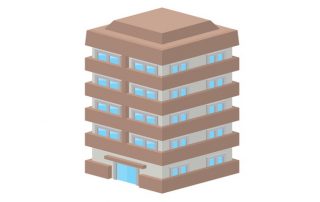Should Community Associations Use Social Media to Investigate Potential Covenant Violations?
In the past, community association covenant enforcement was often limited to what boards and/or managers could personally document. For example, the documentation could might include a photo of the violating property taken from the street. Nowadays, with the widespread use of social media community associations may have access to another layer of property owners' actions. This begs the question: should community associations use social media to investigate potential covenant violations?










